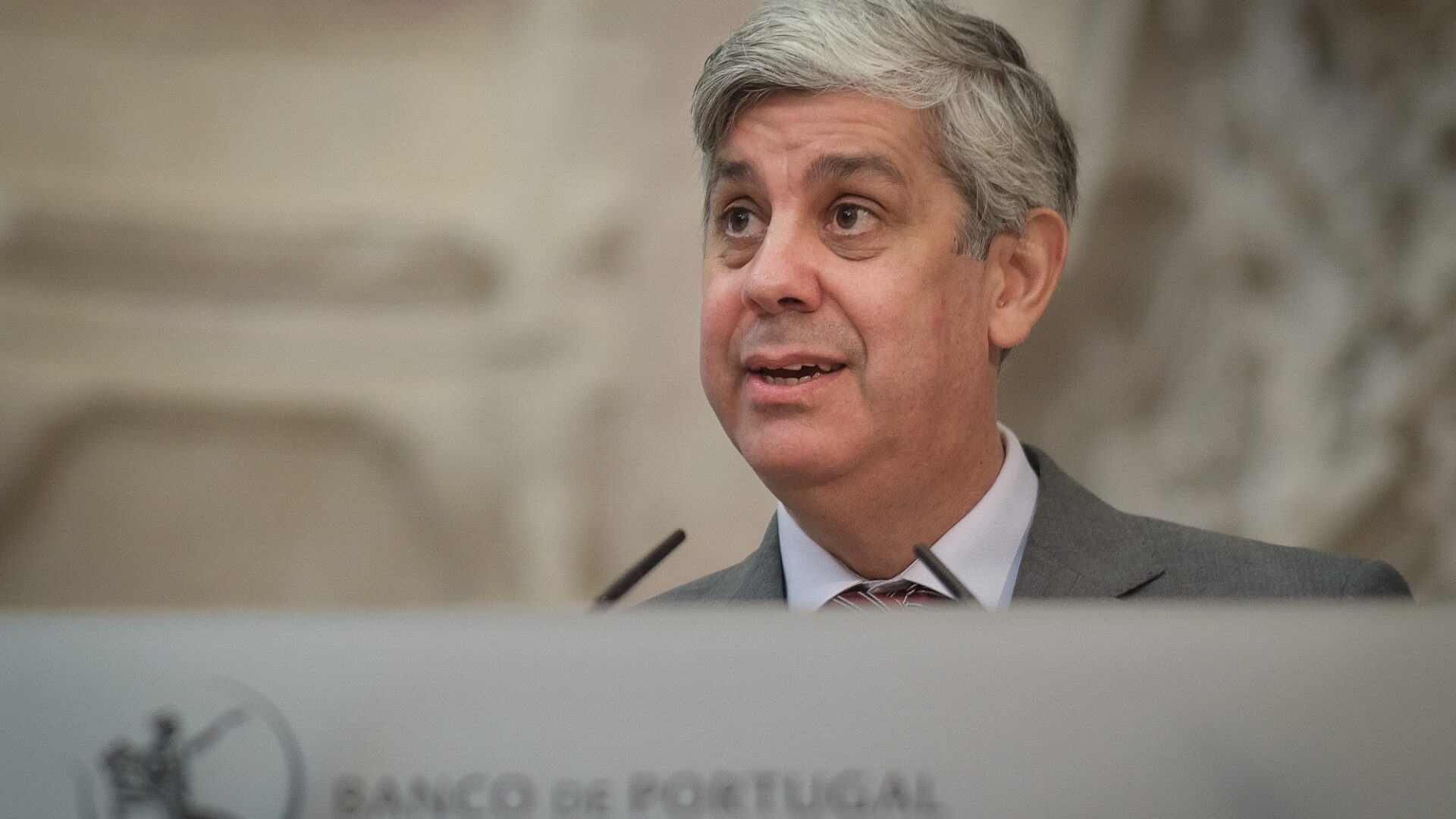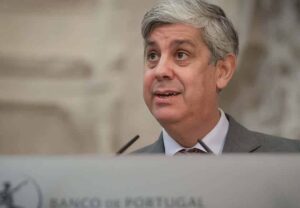From a predicted 4.3% to ‘close to 3%’ – this is the magical forecast today by Portugal’s central bank governor Mário Centeno, who in one fell swoop seems to have changed the country’s immediate fortunes.
Giving a press conference this morning, the former finance minister blew away the government’s own prediction (given late last year) of a deficit more along the lines of 4.3%.
“In 2021, the budgetary deficit will be very close to 3%”, he said, “maybe even complying with budgetary treaties. In other words, it will probably be below 3%”.
According to TSF Rádio, “for the governor of the Bank of Portugal public debt shrank in 2021 to 127% of GDP”, which means in nominal terms it is falling “for the first time since 1948”.
Referring to the awful years where the government was threatened with sanctions and tied to Brussels’ excessive deficit proceedure, Mr Centeno seems confident these are all nightmares of the past.
“With the budgetary results, this is the first time Portugal faces a crisis without entering into excessive deficits”, he said, sending out a congratulatory message to current finance minister João Leão, who used to work for him when Mr Centeno himself was in government.
Indicating that it is “essential” that the government continues with the deficit’s downward trajectory, Mário Centeno concluded with even more ‘good news’: “In 2022, the budgetary balance meets the arithmetical conditions to be below 1%. The end of the pandemic contributed to this, with the elimination of extraordinary expenditure and the increase of economic activity to pre-pandemic levels”.
He believes that between 2022 and 2023 the country will be “in a position to recover its budgetary balance” to levels enjoyed pre-pandemic, simply through economic activity – explaining that in January, for example, VAT revenue grew by close to 40%; Stamp Duty by around 20% and ISP (the tax on fuel) by 18%.




















